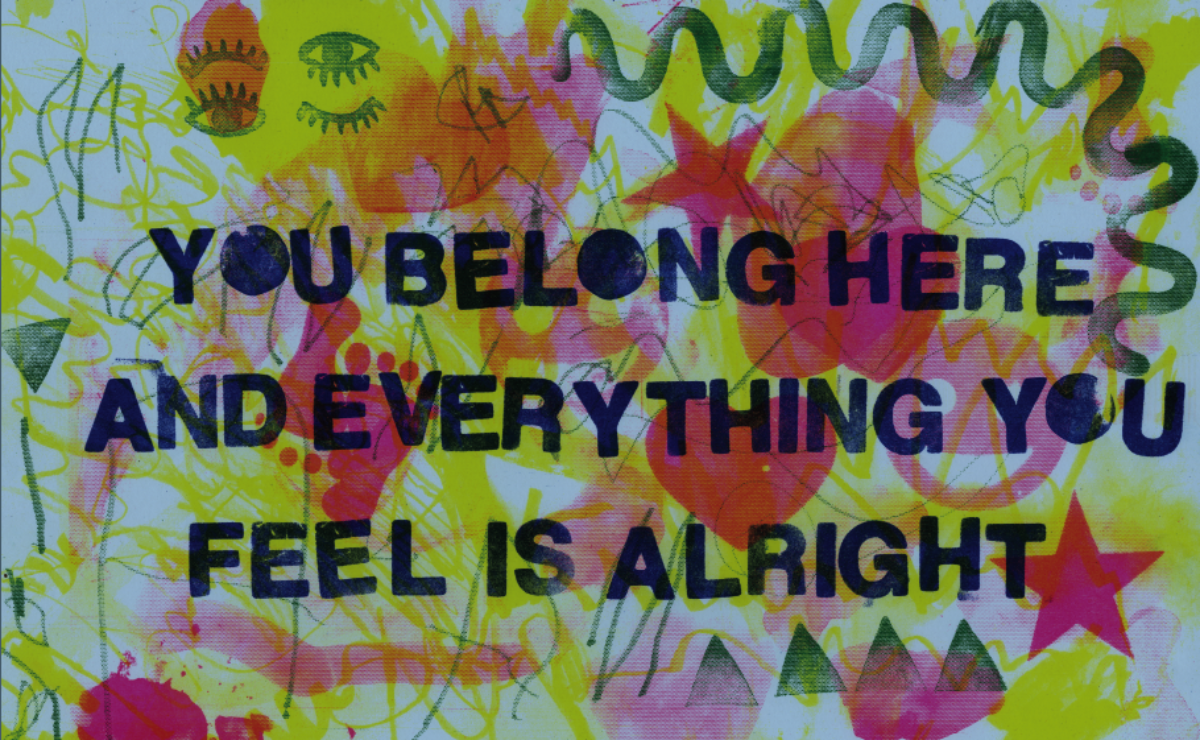After this week’s readings I was left thinking about differences. We as women share the commonality of being the inferior sex within a patriarchal capitalist society, but the struggles that a white woman face are not going to be the same as the one faced by a Black woman, or a Latina, or an Indigenous woman. On the same note, the aggressions that a Black woman will be subjected to are not identical aggressions to those subjected onto Latinas or Indigenous women or disabled women or Asian women or trans women. We share a commonality in this space as women all the same, but that isn’t enough for the work to be done. Both bell hooks and Audre Lorde make striking points on this very matter. When presenting the idea of feminism, hooks makes us re-evaluate what an oppressor to women everywhere can look like. She states: “all sexist thinking is the problem, whether those who perpetuate it are female or male, child or adult.” This is the main issue indeed, and thus the commercial idea of feminism where women simply want equal pay and to be able to abort are not the sole struggles found in all circles of women; in countless spaces these are so far from the kind of oppression that women are facing at any given moment.
Lorde hones in on this very way of thinking, proving that on that same note, all racist thinking is also the problem, whether it be white towards Black, Black towards Black, Indian towards Latina, Latina towards Asian, etc. As Lorde puts it: “As women, we must root out the internalized patterns of oppressions within ourselves if we are to move beyond the most superficial aspects of social change.” And we all have them. It is a by-product of living and growing in a world that is inherently anti-us. Even more so, it is proof that we are trained to be aggressive towards others in order to successfully be more aggressive towards ourselves. Indeed, it is successful in allowing us not to see that the oppressor can be looking right at you in the mirror. And the change we must seek starts with that. As Lorde says in her essay; “it is not those differences between us that are separating us. It is rather our refusal to recognize those differences, and to examine the distortions which result from our misnaming them and their effects upon human behavior and expectation.”
Overall, when I think about the spectrums that exist within what we know as the women’s or feminist movement, it’s important to remind myself that these spectrums can also be debilitating to those of us who have yet to do the internal work needed to explore the differences that could one day strengthen us to truly achieve an end to sexism. As hooks eloquently puts it; “Utopian visions of sisterhood based solely on awareness of the reality that all women were in some way victimized by male domination were disrupted by discussions of class and race.” Let us continue disrupting these discussions, continue making our ideas of feminism intersectional and conscious of oppressions that not all women experience, but women regardless do. Recognize your privileges, and join the struggle with your sisters.
